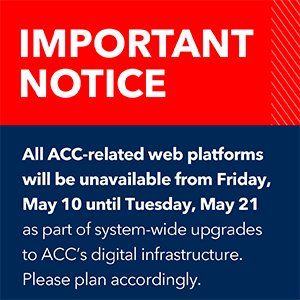VICTORION-INITIATE: "Inclisiran-First" Strategy Yields Greater LDL-C Reduction
In patients with atherosclerotic cardiovascular disease (ASCVD) who have not reached LDL-C levels <70 mg/dL, immediately adding inclisiran led to greater reductions in LDL-C, according to results of the open-label, Phase 3b VICTORION-INITIATE study presented during a Featured Clinical Research session at ACC.24 and simultaneously published in JACC.
The prospective, parallel-group study, conducted at 45 sites in the U.S., randomized 450 adult patients (30.9% women, 12.4% Black, 15.3% Hispanic) with LDL-C ≥70 mg/dL or non–HDL-C ≥100 mg/dL and fasting triglycerides <500 mg/dL to either usual care or usual care plus immediately initiating inclisiran 284 mg at Days 0, 90 and 270 ("inclisiran first"). Laboratory assessments were performed on Days 0, 90, 180, 270 and 330. The mean baseline LDL-C was 97.4 mg/dL.
The primary endpoint of percentage change in LDL-C from baseline at Day 330 was a 60% reduction in the inclisiran first group compared with 7% in the usual care group. Statin discontinuation rates, a co-primary endpoint, were 6% and 16.7% in the inclisiran first group and usual care group, respectively, which the authors noted was noninferior.
Furthermore, the goal LDL-C <70 mg/dL was achieved by 81.8% of the inclisiran first group vs. 22.2% in the usual care group. And more patients in the inclisiran first group than the usual care group reached an LDL-C <55mg/dL (71.6% vs. 8.9%).
Treatment-emergent adverse events (TEAE) and serious TEAE were similar between the two groups, although patients in the inclisiran first group were more likely to have injection-site TEAEs and TEAE-caused treatment withdrawal (10.3% vs. 0%, and 2.6% vs. 0.5%, respectively).
Michael J. Koren, MD, FACC, et al., concluded the study showed that, "An 'inclisiran first' implementation strategy led to greater LDL-C lowering compared with usual care without discouraging statin use or raising new safety concerns." They added that, "Results demonstrate the feasibility and value of early and aggressive treatment intensification in patients with ASCVD."
Clinical Topics: Vascular Medicine, Atherosclerotic Disease (CAD/PAD), Acute Coronary Syndromes, Stable Ischemic Heart Disease
Keywords: ACC Annual Scientific Session, ACC24, Atherosclerosis, Peripheral Arterial Disease, PCSK9 Inhibitors, Novel Agents, Inclisiran
< Back to Listings
